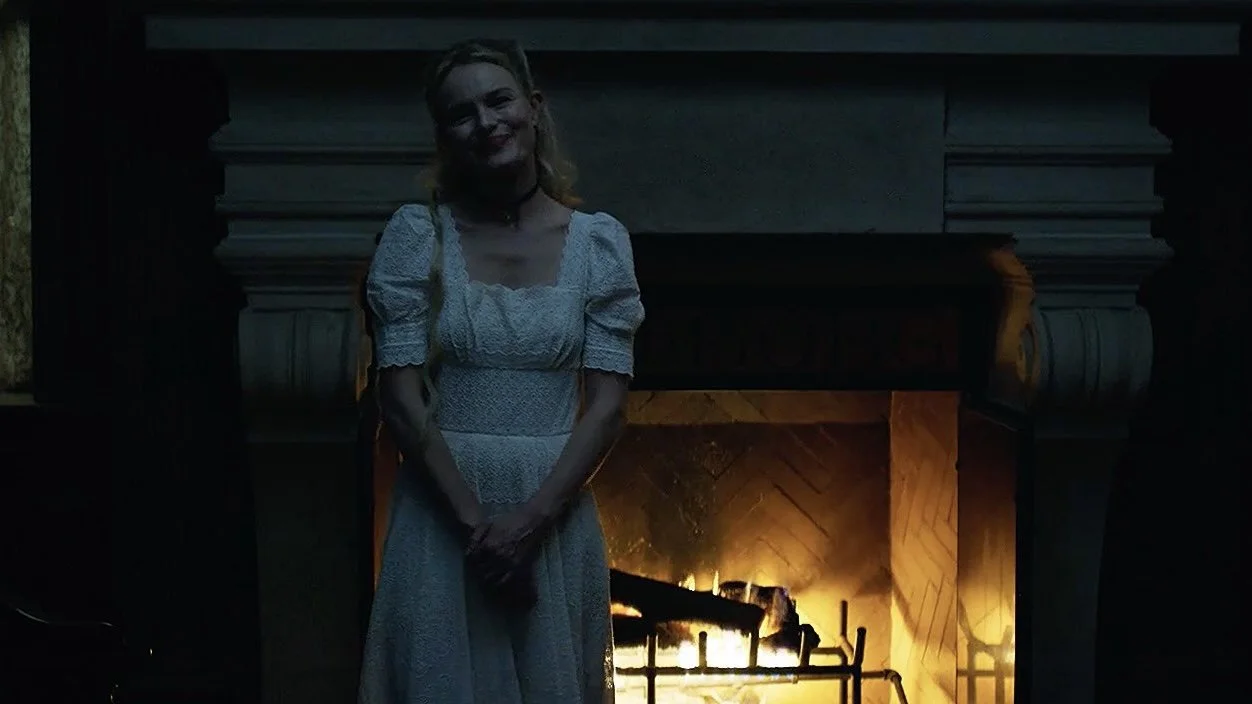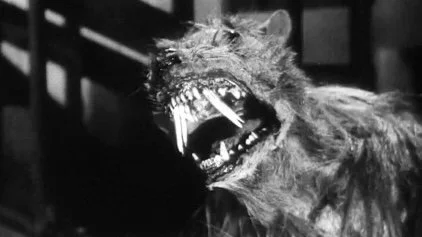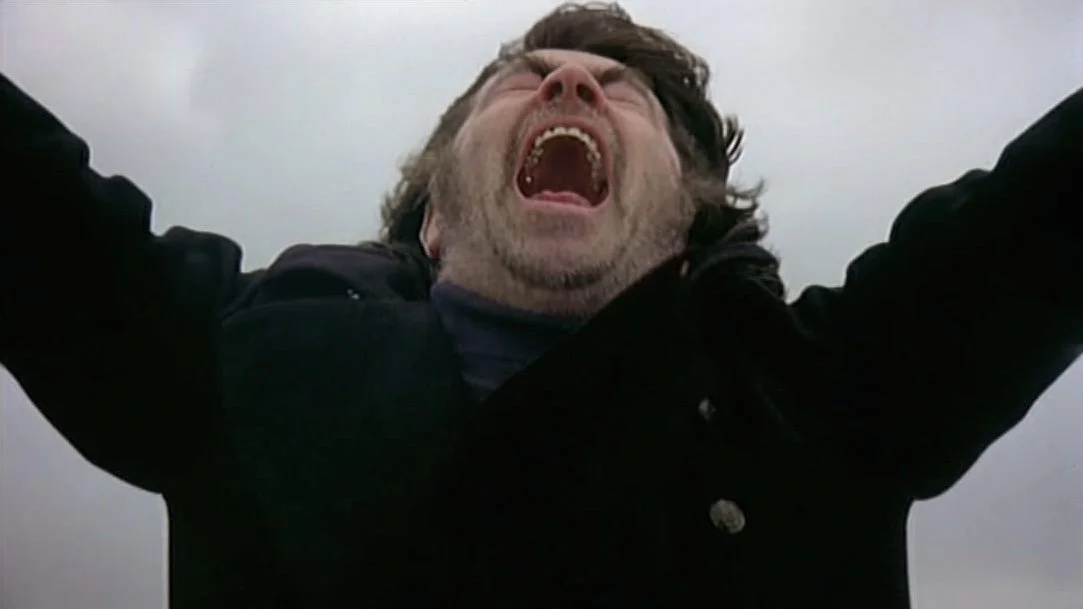Film Review — "House of Darkness"
House of Darkness came to me courtesy of Hulu’s “Movies for You” section. There I was, scrolling through the motion pictures that Hulu says were made for me, when I decided to tap on House of Darkness. Once the info popped up, I stopped dead when I read “Director: Neil LaBute” under the cast list, which included Justin Long and Kate Bosworth. With that, it was basically a done deal for me. Now, here’s where I regret to inform you that I used to be a bit of a LaBute acolyte, in college… “Used to be” is the operative phrase.
I directed a Neil LaBute one-act play as part of my theatre minor. I was young and thought of myself as transgressive, so naturally I gravitated toward a writer-director who ostensibly views himself similarly. LaBute’s one-acts are terse and probing (I thought so then anyway), but his full-length stuff… not so much; I read a lot of his work as prep for my project. His longer narratives have a tendency to wander, and he lets the audience get ahead of him, and his shocks are often a little too little and a little too late—all of which are House of Darkness’s main downfalls.
If you’ve ever found yourself among a coterie of playwrights or screenwriters, you’ve likely encountered a dramatist who reeeally prides themself on their dialogue—like, thinks their drawn-out repartee is somehow god-tier material. Ample banter is fine, sure, but some scriptwriters get so preoccupied with regurgitating words, words, words that subtext suffers and intrigue dwindles—if the dialogue isn’t stylish, which this isn’t. The sentences just keep circling the runway, seemingly reluctant to just fucking land, when everybody can see that the goddamn gate is right there.
Thus, my main frustration with House of Darkness is twofold. We know immediately what’s going on, but LaBute is too busy indulging himself to confirm our suspicions. The second we see Kate Bosworth in a lacy white gown that looks like a chic human-sized doily, we know what she is. Then, five minutes in when we learn that she lives in a goth-ass castle in the woods, we 100% know what she is. Then, ten minutes in when she’s sipping a red drink (that’s probably not wine) out of a crystal goblet, we’re internally shouting oh c’mon, man! And yet. LaBute waits and waits and waits to unveil (?) the reveal (?) and treats it like a twist no one saw coming. Bosworth is fine as Mina (you get it, right?), but the text is stretched so thin that she’s practically hamstrung from the jump.
Her co-star Justin Long fares better in that department, largely because his character Hap isn’t harboring a “secret” that he’s tasked with keeping “secret” for essentially the entire run time. Plus, Long benefits from being the male character in a story written by someone whose oeuvre is rife with questionable female representation. Many critics say that LaBute “hates women,” and while I think that’s a facile assertion lacking nuance, I accept that it’s not far off. LaBute’s male characters tend to be more dynamic—and they don’t serve as two-dimensional stand-ins for the author’s hang-ups nearly as often as his female characters do—but LaBute’s men, like Hap, aren’t exactly virtuous, either. Thankfully, Justin Long’s unique charm adds facets that may not otherwise exist.
It’s also just fun watching Justin Long complete the one-two punch he started with Barbarian (or whichever was filmed first) of playing sleazy leading men in 2022 horror movies. Hap and AJ, his character in Barbarian, are decidedly different, but they are definitely kindred spirits and could absolutely be buds. In fact, I’m choosing to believe that Hap is the friend AJ iconically shouts WHAT UP, FAGGOT to on the phone in Barbarian. I came to this conclusion during Hap’s unbearably lengthy one-sided phone call with an unheard friend, which Justin Long tries his damnedest to make work, while Mina takes way too long to pour a few fingers of bourbon and a glass of not-wine in the next room.
At least Hap and Mina aren’t restricted to any area for too long. When things get stagnant, they move to a new part of Mina’s estate for a change of scenery. The film’s art department and cinematographer do what they can to bring some semblance of atmosphere to each room, but unfortunately LaBute lacks the cinematic wherewithal to shut the fuck up and tell the story visually, limiting the vibes we’re able to soak in…
Look, I am not anti-dialogue. I enjoy movies with the sensibility of a play. For me, though, the best play-like films don’t rely on the script to do the heavy lifting and instead take advantage of film, as a medium. Neil LaBute would do well to study how Stephen Karam’s The Humans, William Friedkin’s Bug, Bob Fosse’s Cabaret, Mike Nichol’s Who’s Afraid of Virginia Woolf?, and a number of Sidney Lumet’s pictures embrace the camera as a storytelling device. Seems like a concept that ought to be a no-brainer, but…




